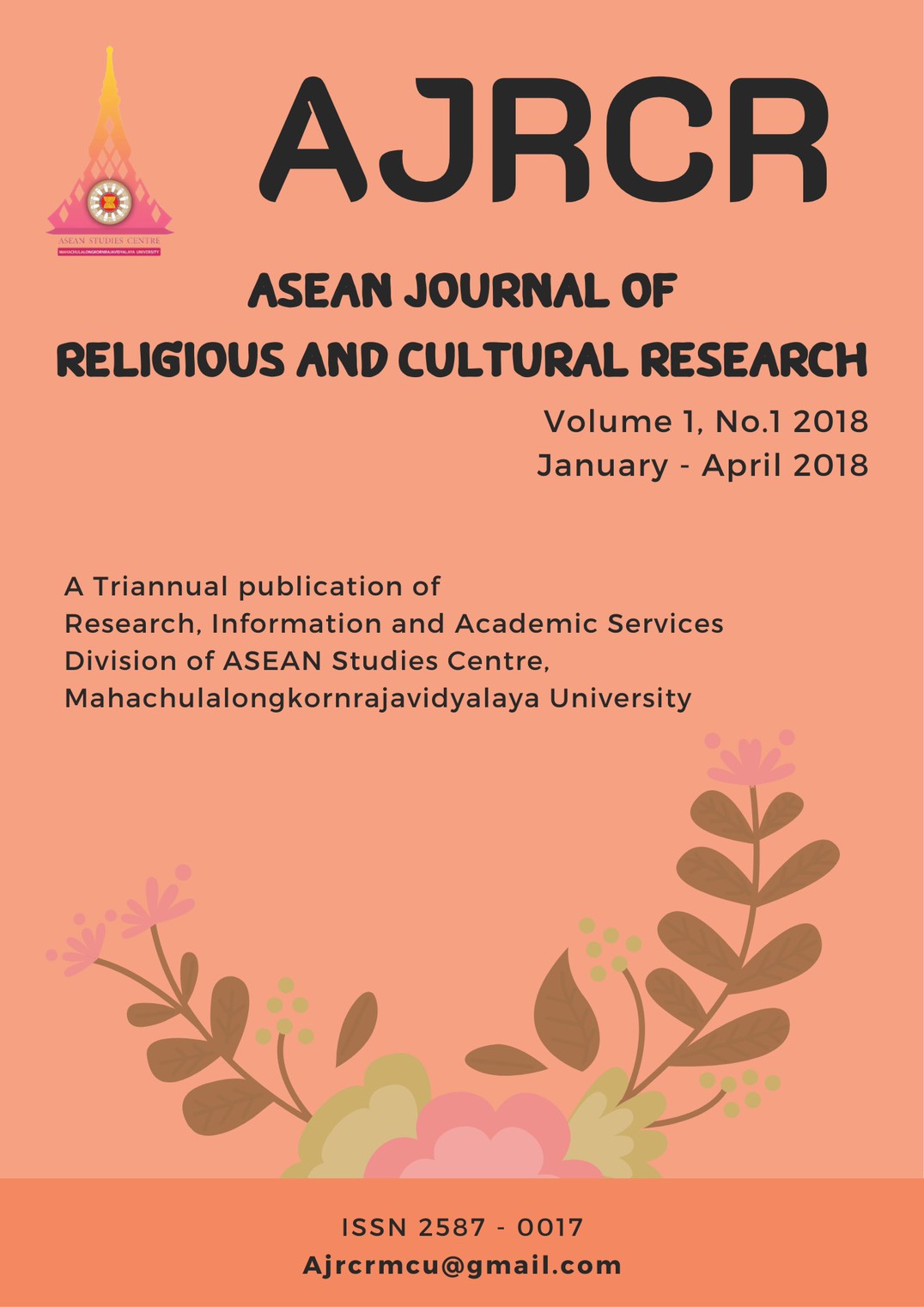HERMENEUTICAL UNDERSTANDING OF THE CONCEPT OF BEING
Keywords:
Existence (sat), relative (syāt), unselfish love (sattva), Reality (sattā), honesty (satatā), indescribable (avāchya), friendliness (maitrī), compassion (karuṇā), good people (satpuruṣa), devilish man (mānavarākṣaka)Abstract
The concept of Being has been understood to locate its place in various cultures and civilization in Indian tradition. It is assumed to refer the nature of Reality with the subjective elements in understanding as a different thought processes. Though the process of understanding ‘Reality’ is accepted differently among Indian schools there is an inter-link in regard to the evidence of the acceptance of subjective elements. Buddhism expressed their views concerning the concept of the term ‘sat’ in terms of justified existence which is also related to the welfare of the society. The concept ‘sat’ depends on person’s good works with holy motive, but not his name, position and family fame. The concept of ‘sat’ has been discussed in terms of the words satatā, sattā, sattva and satpuruṣa as mentioned by the Naiyāyikas, Bhartṛhari, Ramakrishna-Vivekananda tradition to find out the concept promoting justified existence related to social service.






